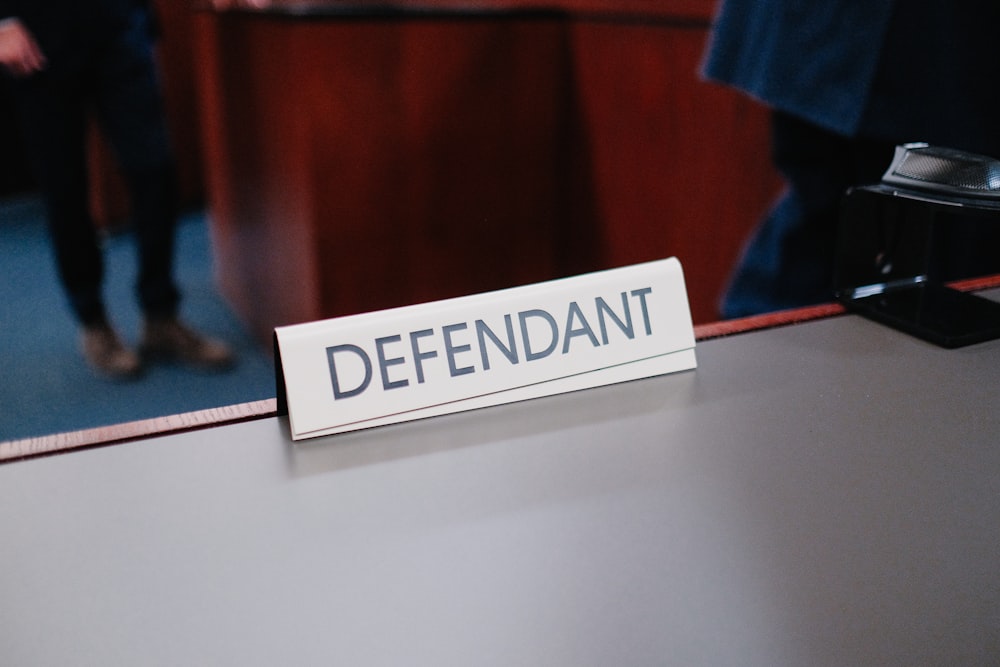Author: lexutor
Understanding the Sherman Antitrust Act Key Insights
Understanding the Sherman Antitrust Act: Key Insights
Antitrust Laws: A Brief Overview
Antitrust laws, including the Sherman Antitrust Act, are crucial regulatory tools designed to promote fair competition and prevent monopolistic practices in the marketplace. Enacted in 1890, the Sherman Antitrust Act remains one of the cornerstone pieces of legislation governing competition law in the United States. By understanding the key provisions and principles of this act, individuals and businesses can navigate the complexities of antitrust regulation more effectively.
Historical Context and Origins
The Sherman Antitrust Act was introduced during a period of significant economic change and industrial expansion in the late 19th century. At the time, powerful trusts and monopolies controlled vast segments of the American economy, stifling competition and limiting consumer choice. In response to growing public concern over these monopolistic practices, Congress passed the Sherman Act with the aim of promoting free and fair competition and protecting consumers from anticompetitive behavior.
Prohibitions and Provisions
At its core, the Sherman Antitrust Act consists of two main provisions: Section 1 and Section 2. Section 1 prohibits contracts, combinations, and conspiracies that restrain trade or commerce among the states. This provision targets agreements between businesses or individuals that seek to monopolize markets, fix prices, or restrict competition in any way. Section 2, on the other hand, prohibits monopolization or attempts to monopolize trade or commerce, making it illegal for companies to engage in anticompetitive conduct that stifles market competition.
Enforcement and Legal Precedents
Over the years, the Sherman Antitrust Act has been subject to various interpretations and legal challenges, shaping the landscape of antitrust law in the United States. Notable legal precedents, such as the landmark case United States v. Standard Oil Co. (1911) and United States v. Microsoft Corp. (2001), have clarified the scope and application of the act, establishing important principles regarding monopolistic practices and anticompetitive behavior.
Modern-Day Applications and Relevance
Despite being over a century old, the Sherman Antitrust Act remains highly relevant in today’s rapidly evolving economic landscape. In an era dominated by tech giants and multinational corporations, concerns over market concentration, anticompetitive behavior, and consumer welfare continue to drive antitrust enforcement efforts. Recent high-profile cases involving companies like Google, Facebook, and Amazon underscore the ongoing importance of antitrust regulation in safeguarding competition and innovation in the digital age.
Challenges and Criticisms
While the Sherman Antitrust Act has played a vital role in promoting competition and protecting consumers, it has also faced criticism and scrutiny over its enforcement and effectiveness. Some critics argue that antitrust laws have failed to keep pace with technological advancements and evolving market dynamics, allowing dominant firms to maintain their monopolistic positions with impunity. Others contend that antitrust enforcement has become overly politicized, leading to inconsistent application and enforcement of the law.
Looking Ahead: The Future of Antitrust Regulation
As the global economy continues to evolve and digital technologies reshape industries and markets, the role of antitrust regulation will remain a topic of ongoing debate and discussion. Policymakers, regulators, and legal experts must grapple with complex questions regarding the appropriate scope of antitrust enforcement, the regulation of emerging technologies, and the balance between innovation and competition. By understanding the key insights and principles of the Sherman Antitrust Act, stakeholders can contribute to informed discussions and decisions regarding the future of antitrust regulation in the 21st century. Read more about sherman antitrust act














